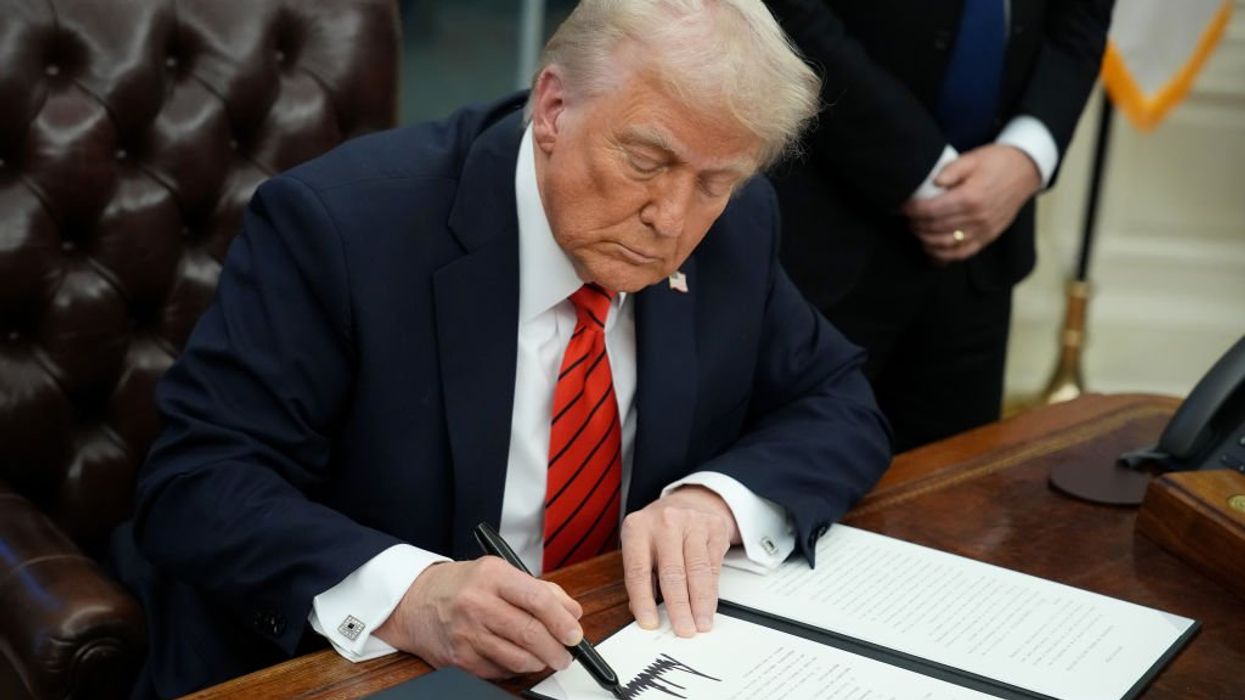Since taking office, President Trump has fired off a barrage of sweeping executive orders that reach into the federal government, higher education, business, and other institutions. But how does all of this affect you and your family?
Lawyers Defending American Democracy (LDAD), a nonpartisan organization aimed at protecting democracy and the rule of law, hopes to answer that question through a series of deep dives into the actual impacts of all this frenetic activity.
Let's start with the fact that the Trump administration's broad and chaotic attacks on the government have little to do with waste and fraud. The real goal was set forth in Project 2025, an extremist blueprint created more than a year before the President was elected: “To…go to work on Day One to deconstruct the Administrative State."
The administration wants you to believe that federal workers are lazy and incompetent people who waste your tax dollars. Yet, as the first installment in our series will explain, these federal workers—whose duty is to serve the public interest—use their special skills and training to: protect public health; implement a fair tax system; help provide medical care and high-quality research; safeguard our financial and banking systems; help needy families and children; support seniors in retirement; promote safe air, rail, and highway travel; preserve U.S. national security; enforce the law; and protect our food supply, the water we drink and swim in, and the air we breathe.
Public opinion overwhelmingly supports these goals. Federal workers strive each day to make all of this possible. Carefully eliminating waste is one thing but randomly dismantling federal programs does nothing to improve efficiency while undermining the nation's security and prosperity.
Additionally, some of Trump's executive orders have already weakened consumer protections against unethical and potentially dangerous behavior. Our series will describe these impacts in careful detail.
The series will describe how the administration’s demolition of the federal government weakens the enforcement of legal protections that are more likely to cause harm to American families while benefiting wealthier individuals. History has proven that left unregulated, businesses may prioritize profit over consumer and public well-being. A broad-based elimination of regulations without careful consideration about what those regulatory programs are trying to accomplish will increase harmful practices and reduce public health and safety.
The series will also analyze how these dramatic cuts will have direct impacts on individuals. To provide just one example, drastically cutting staff at the Internal Revenue Service will make it easier for the wealthy to be protected by the administration as they exploit loopholes to avoid paying taxes. Those outside that elite category have no such advantages.
Another example can be found in how eliminating basic federal medical research funds will endanger families by leaving us without protection against deadly infectious and chronic diseases. Federal funding has been crucial in the race to find cures and treatments, provide ongoing research for diseases that devastate families—such as Alzheimer’s, cancer, and Parkinson’s—and eradicate once terrifying diseases, such as polio. Slashing funding for medical research will leave us unprepared for the next pandemic.
The series will also explain how reducing civil service protections for federal workers will result in a government of loyalists, not experts. As an example, the administration is already undermining the independence of the FBI and the Justice Department, allowing the President to use them as political tools.
As a result, the awesome coercive power of the federal government may be used not to pursue justice but to punish any individual who dares to express views that the administration regards as unacceptable. This has been the blueprint for the rise of autocrats in other countries where democracy and the rule of law are under attack.
The flood of executive orders and related actions is designed to overwhelm the public's ability to deal with these threats one by one. This series will focus on the larger picture while also examining specific actions in detail to reveal the serious impacts on all of us and the future of our democracy and the rule of law.
This is not the America that our founders envisioned. But it is not too late for an informed public to change our nation's course.




















Trump & Hegseth gave Mark Kelly a huge 2028 gift